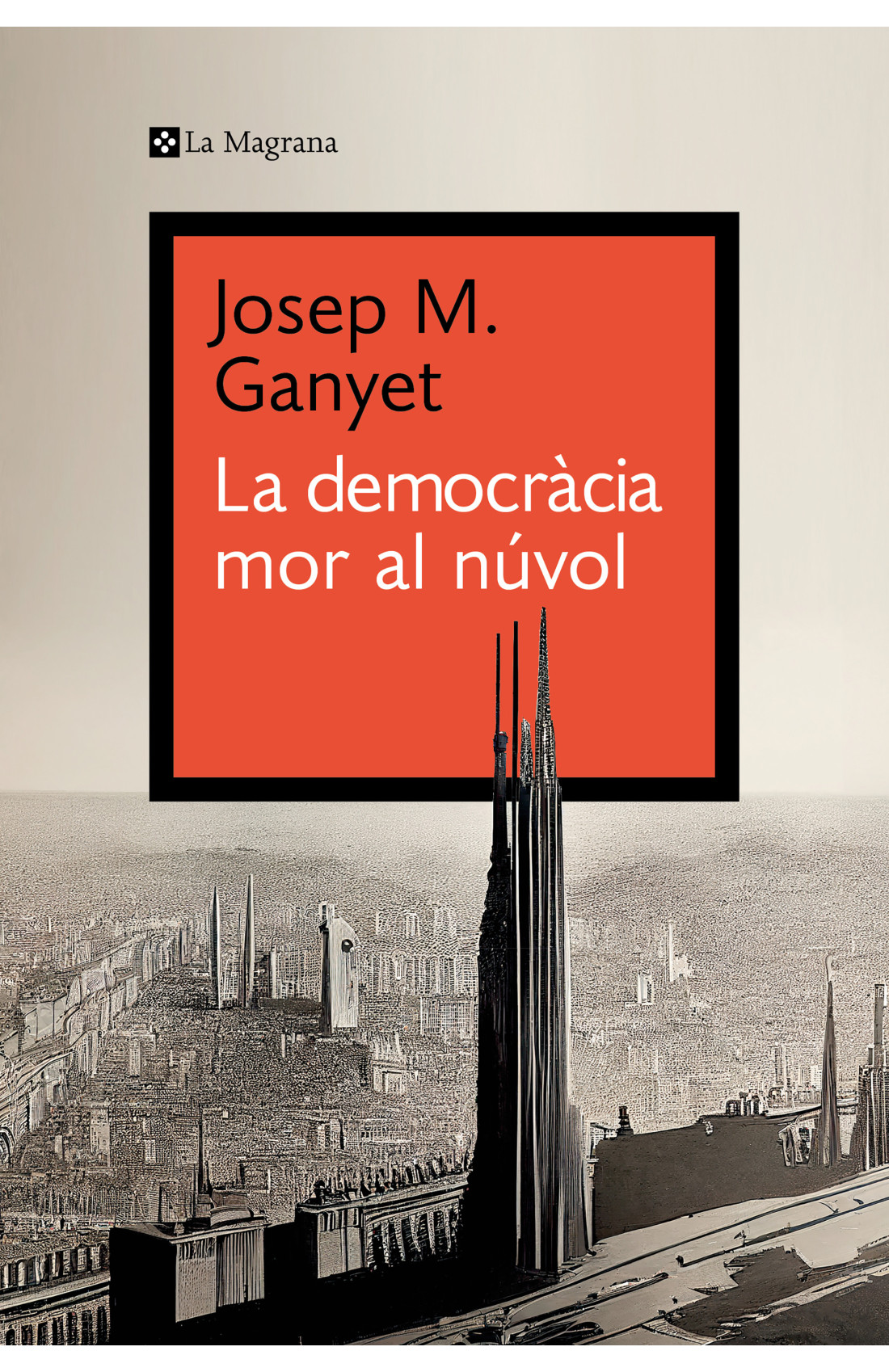Home » Posts tagged 'automatización'
Tag Archives: automatización
La democràcia mor al núvol
La democràcia mor al núvol
Josep M. Ganyet
La Magrana (penguinllibres.com)

Podem viure en una societat digital oberta i democràtica i alhora segura per a tothom? Quan estats, grans corporacions, agències de seguretat i cossos policials utilitzen les nostres dades, normalment ho fan en contra nostra i de les nostres llibertats. Fins a quin punt serem capaços de renunciar als nostres drets en nom de la seguretat nacional i del bé comú?
Josep Maria Ganyet, enginyer informàtic i víctima d’espionatge en l’afer Catalangate, ens introdueix al capitalisme de vigilància de les grans tecnològiques, i ens mostra com ho han aprofitat les agències de seguretat per crear un registre permanent de l’activitat dels ciutadans i les conseqüències que aquests fets tenen per a la democràcia.
«Amb el Watergate, Carl Bernstein i Bob Woodward de The Washington Post ens van ensenyar que, quan el poder polític utilitza la tecnologia per espiar rivals
polítics, “la democràcia mor a la foscor”. Amb el Catalangate, els investigadors del Citizen Lab ens han ensenyat que avui al món “la democràcia mor al núvol”».
Web personal:
ganyet.cat
Frases entresacadas e ideas interesantes que puedo utilizar:
(Página )
“”
Teaching Machines
Teaching Machines
The history of personalized learning
Audrey Watters
The MIT Press
https://mitpress.mit.edu/books/teaching-machines

Summary:
Contrary to popular belief, ed tech did not begin with videos on the internet. The idea of technology that would allow students to “go at their own pace” did not originate in Silicon Valley. In Teaching Machines, education writer Audrey Watters offers a lively history of predigital educational technology, from Sidney Pressey’s mechanized positive-reinforcement provider to B. F. Skinner’s behaviorist bell-ringing box. Watters shows that these machines and the pedagogy that accompanied them sprang from ideas—bite-sized content, individualized instruction—that had legs and were later picked up by textbook publishers and early advocates for computerized learning.
Watters pays particular attention to the role of the media—newspapers, magazines, television, and film—in shaping people’s perceptions of teaching machines as well as the psychological theories underpinning them. She considers these machines in the context of education reform, the political reverberations of Sputnik, and the rise of the testing and textbook industries. She chronicles Skinner’s attempts to bring his teaching machines to market, culminating in the famous behaviorist’s efforts to launch Didak 101, the “pre-verbal” machine that taught spelling. (Alternate names proposed by Skinner include “Autodidak,” “Instructomat,” and “Autostructor.”) Telling these somewhat cautionary tales, Watters challenges what she calls “the teleology of ed tech”—the idea that not only is computerized education inevitable, but technological progress is the sole driver of events.
Enlaces de interés:
Hack Education (hackeducation.com)
Frases entresacadas e ideas interesantes que puedo utilizar:
(Página )
“ ”
Deducción Automática
Sesión 5: Deducción Automática
Faraón Llorens Largo
26 de octubre de 2015
Bloque: Lógica
Asignatura: Matemáticas I
Grado en Ingeniería Multimedia (http://www.eps.ua.es/ingenieria-multimedia)
Universidad de Alicante